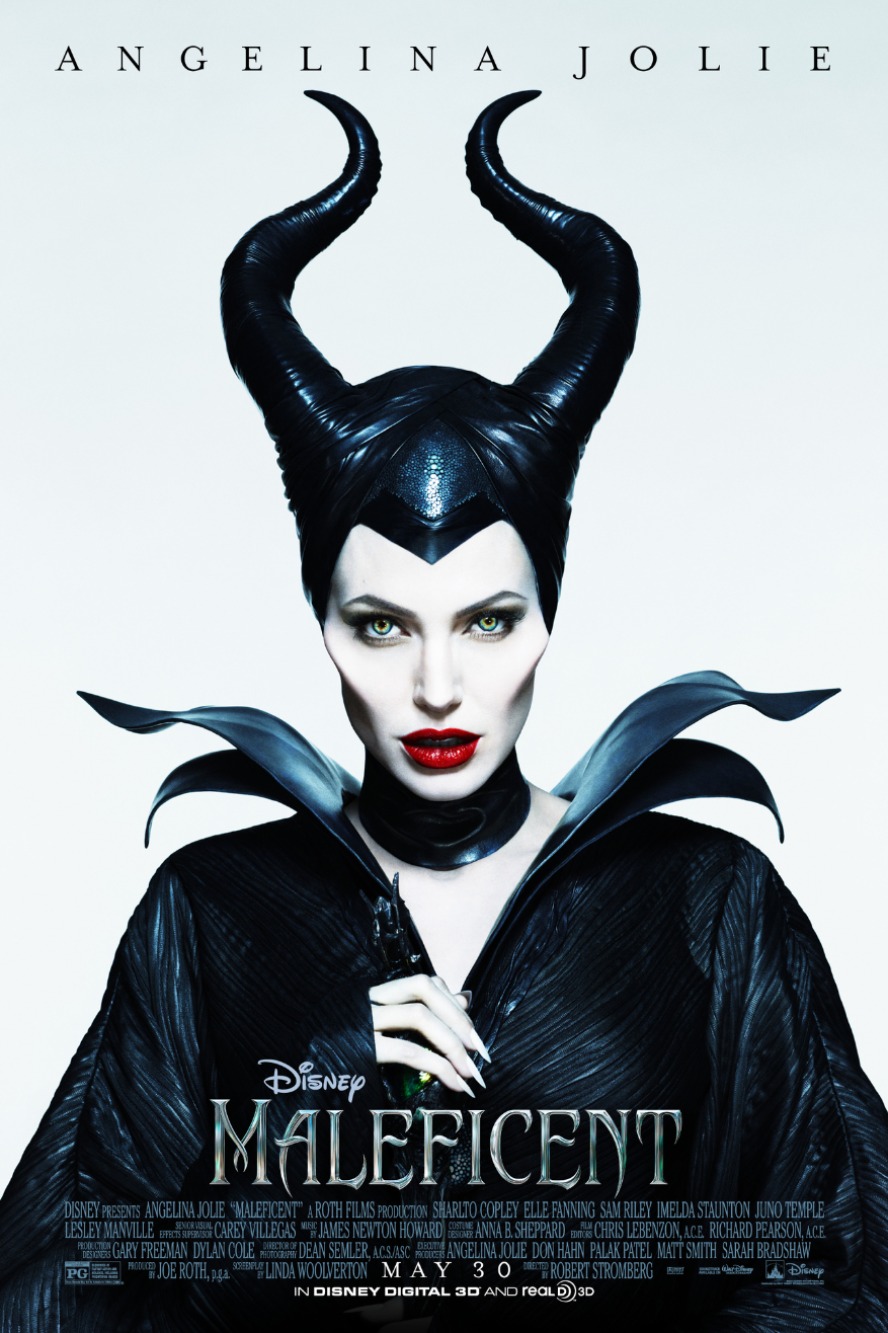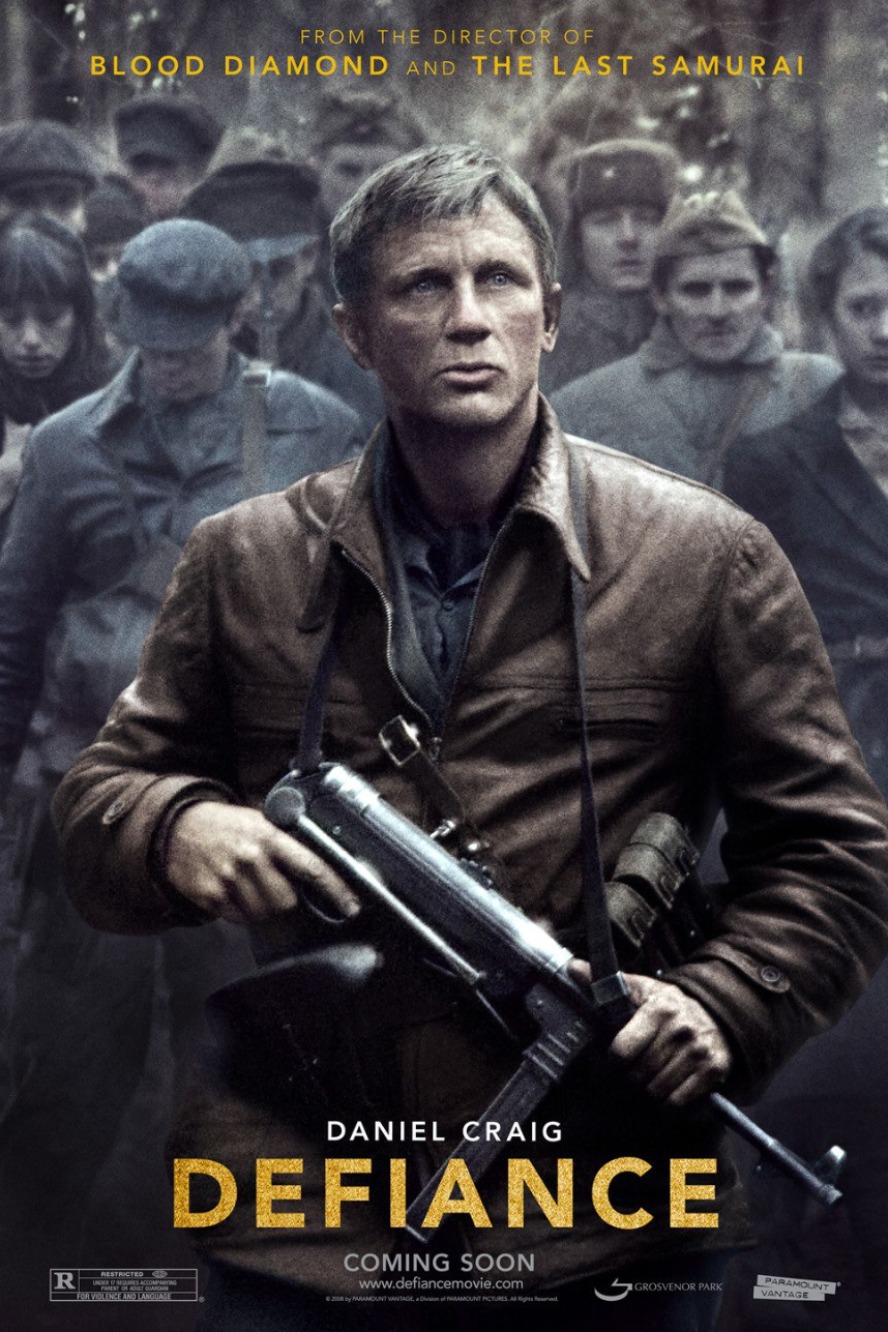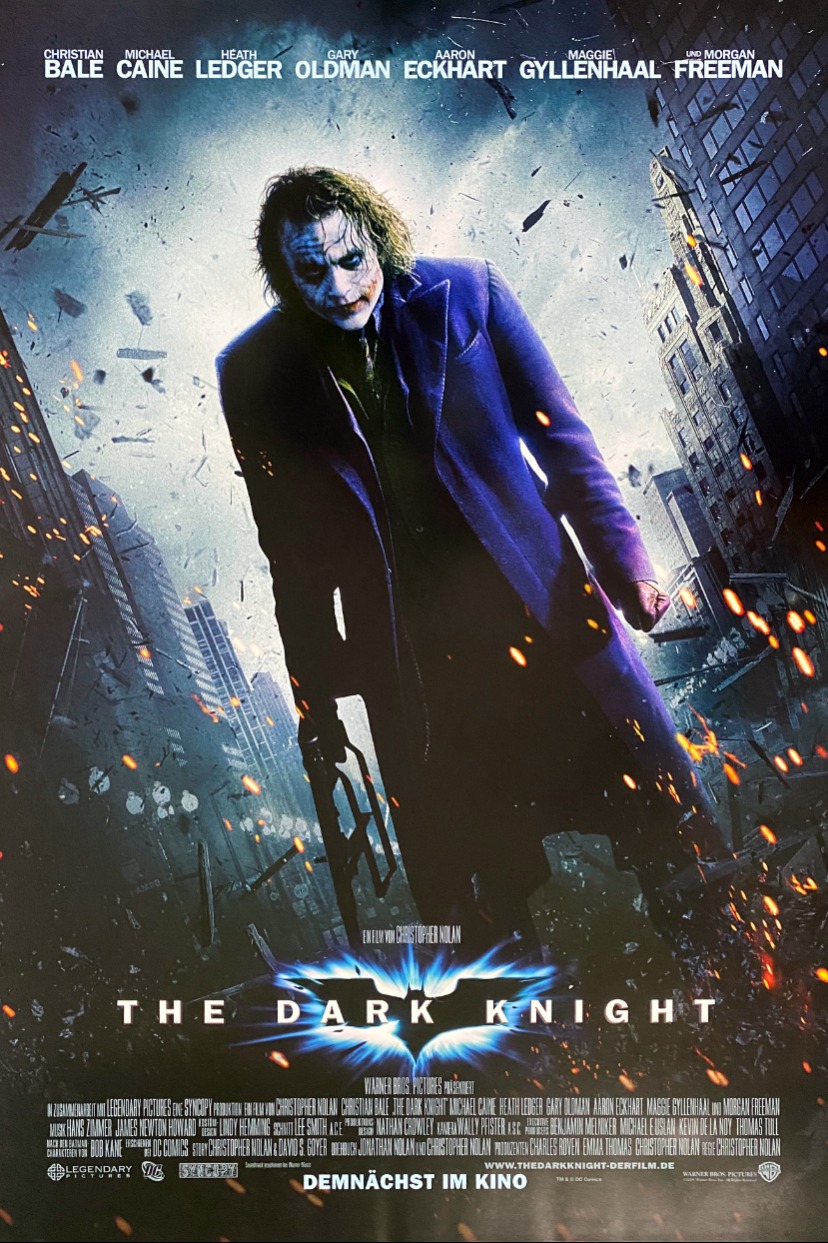James Newton Howard
Biography
James Newton Howard (born June 9, 1951) is an American film composer, music producer, and keyboardist. He has scored over 100 films and is the recipient of a Grammy Award, an Emmy Award, and nine nominations for Academy Awards. His film scores include Pretty Woman (1990), The Fugitive (1993), Space Jam (1996), Dinosaur (2000), Peter Pan (2003), King Kong (2005), and The Dark Knight (2008) which he composed with Hans Zimmer, The Hunger Games (2012), Fantastic Beasts and Where to Find Them (2016), and Jungle Cruise (2021). He has collaborated extensively with directors M. Night Shyamalan and Francis Lawrence, having scored eight of Shyamalan's films since The Sixth Sense (1999) and all of Lawrence's films since I Am Legend (2007). He even worked on other frequent scores with other directors Edward Zwick, Michael Hoffman, P.J. Hogan, Andrew Davis, Lawrence Kasdan, Joe Johnston, Taylor Hackford, Ivan Reitman, and Joel Schumacher.
Howard was born in Los Angeles. He is from a musical family; his grandmother was a violinist. His father was Jewish but he did not want his children to know he was, so he changed his last name from Horowitz to Howard.
Howard began studying music as a child, taking classical piano lessons at the age of four. He went on to attend the Thacher School in Ojai, California, and the Music Academy of the West in Santa Barbara, California with Reginald Stewart and Leon Fleischer. He then attended the University of Southern California, studying at the School of Music as a piano performance major, but dropped out after 6 weeks because “He wanted to do other things than practicing the piano.”
After Howard left college, he joined a short-lived rock band called Mama Lion. The band was led by Neil Merryweather (bass, backing vocals) and featured lead singer Lynn Carey, Coffi Hall on drums, and Rick Gaxiola on guitar. Mama Lion recorded two full-length albums. Members of Mama Lion also formed the band Heavy Cruiser with Merryweather now on lead vocals, recording two albums whose genre was closer to hard rock but also displayed psychedelic and progressive influences. He then worked for a couple of years as a session musician with artists including Diana Ross, Ringo Starr, and Harry Nilsson. In the early 70s, he described himself as being "dirt poor", until his big break in 1975 when his manager got him an audition with Elton John. He joined John's band and toured with them as a keyboardist during the late 70s and early 80s. He was part of the band that played Central Park, New York, on September 13, 1980.
Howard also arranged strings for several of John's songs during this period including the hits "Don't Go Breaking My Heart" and "Sorry Seems to Be the Hardest Word", and played additional keyboards and synthesizers on studio albums including Rock of the Westies (1975), Blue Moves (1976), 21 at 33 (1980), and The Fox (1981).
In 1982, Howard was featured on Toto IV as the strings conductor and orchestrator for "I Won't Hold You Back", "Afraid of Love", and "Lovers in the Night". In 1984 the Sheffield Lab direct-to-disc album James Newton Howard and Friends, was released, which featured Toto's David Paich (keyboards), Steve Porcaro (keyboards), Jeff Porcaro (drums), and Joe Porcaro (percussion).
In 1983, Howard was co-producer, musician (keyboards), and orchestrator of Riccardo Cocciante's album Sincerità.
In 1984, Howard composed his first piece of score for a film, receiving a co-writing credit with David Paich for the cue "Trip to Arrakis" in Toto's music for the David Lynch film Dune.
After briefly touring with Crosby, Stills, and Nash, he took an opportunity brought to him by his manager to write a score for a film. This career move would lead to his becoming a successful film music composer. During this early foray into film music, he did not entirely abandon his previous musical path and returned for a brief collaboration with Elton John on his Tour De Force of Australia in the fall of 1986. He conducted both his own and Paul Buckmaster's arrangements during the second half of the set, which focused on orchestrated performances of selected songs from the Elton John catalog.
Known for

The Hunger Games: The Ballad of Songbirds & Snakes

Fantastic Beasts: The Secrets of Dumbledore

Fantastic Beasts: The Crimes of Grindelwald

Fantastic Beasts and Where to Find Them

The Hunger Games: Mockingjay – Part 2

The Hunger Games: Mockingjay – Part 1

Maleficent

The Hunger Games: Catching Fire

The Bourne Legacy

The Hunger Games

Defiance

Blood Diamond

Kingkong

Collateral

The Dark Knight

The Devil's Advocate

Glengarry Glen Ross
